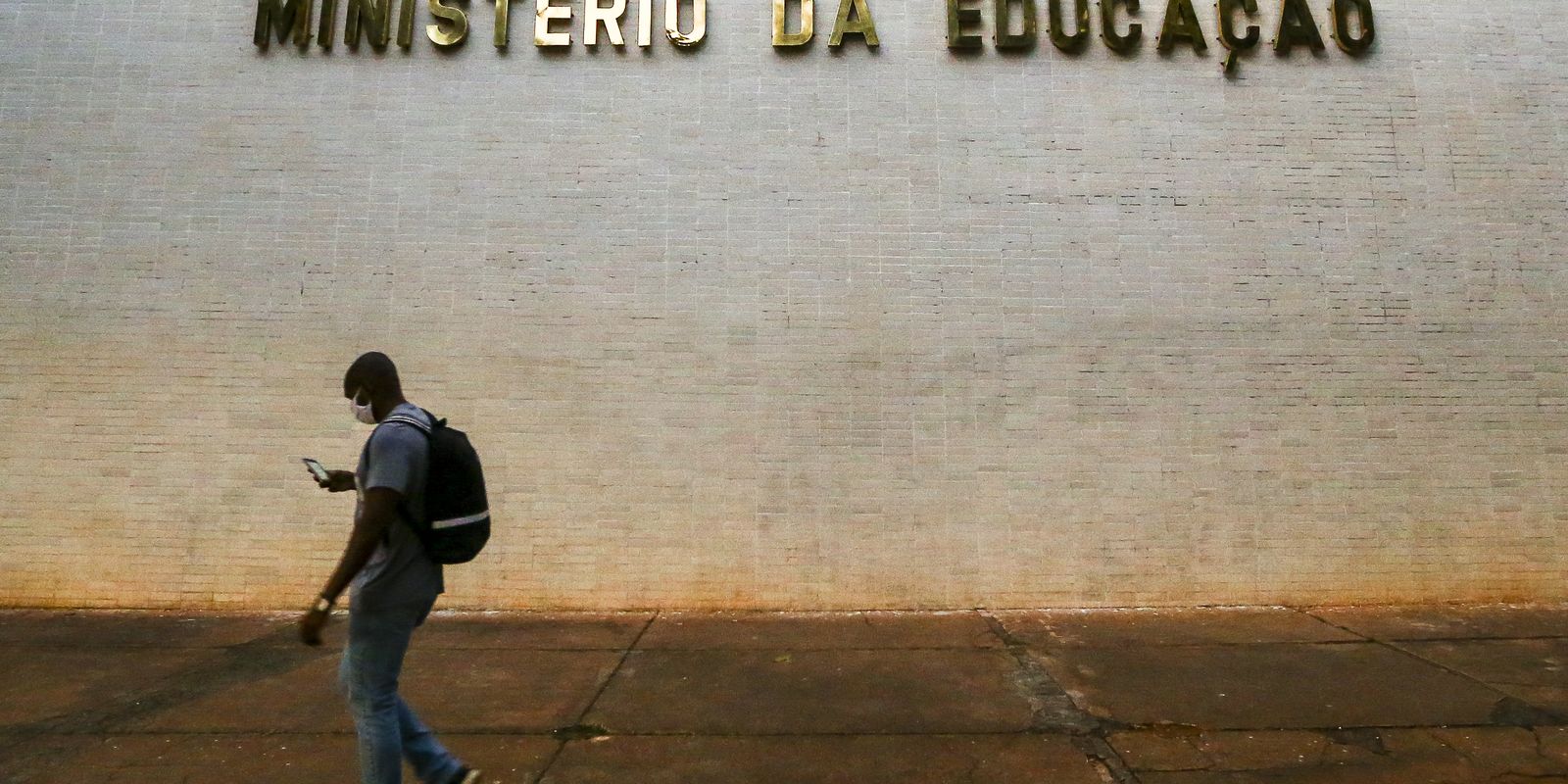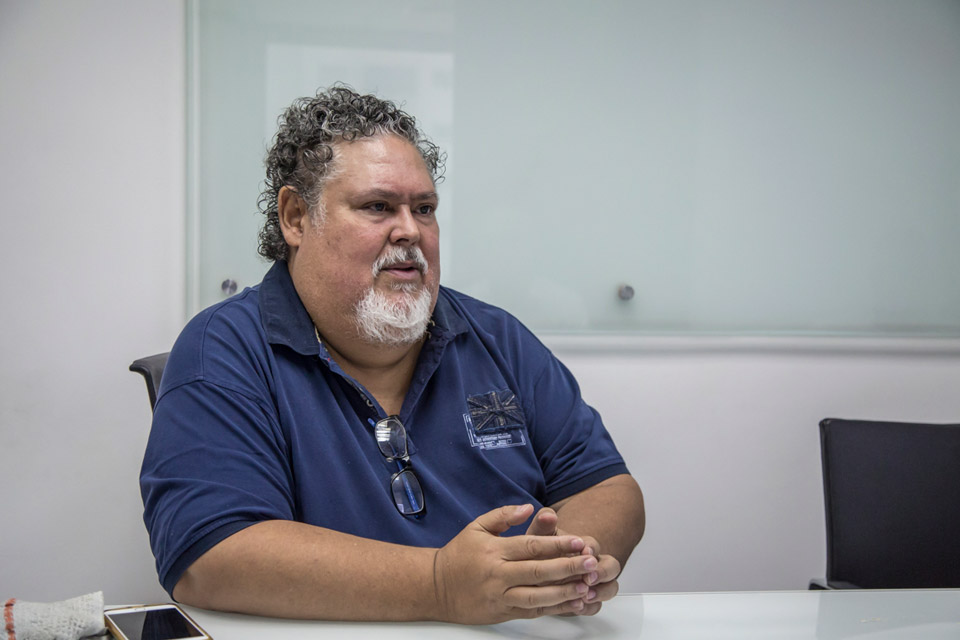Primary and secondary education in Brazil is managing to resume the positive trajectory observed in the years prior to the pandemic, especially when the cut-off is the initial years of elementary school (from 1st to 5th grade), with the country managing to reach the target of six points – a value that uses the performance of developed nations as a reference, according to results from the Programme for International Student Assessment (PISA), from the Organization for Economic Cooperation and Development (OECD). 
According to the Basic Education Development Index (Ideb) for 2023, released this Wednesday (14), in Brasília, by the Ministry of Education (MEC), in the final years of elementary school (from 6th to 9th grade), Brazil reached 5 points. Despite not having reached the target of 5.5 points, the result demonstrates a positive recovery compared to the pre-pandemic period (2019), when it obtained 4.9 points.
In 2021, a year in which, due to the pandemic, the approval rate was influenced by policies that avoided even greater losses for students, the grade obtained was naturally higher: 5.1 points.
High school achieved 4.3 points in 2023, also below the target of 5.2 points. The result, however, shows an improvement compared to 2019 and 2021, when the score obtained reached 4.2 points.
Quality
The Ideb is the main instrument for monitoring the quality of basic education in the country. By gathering data on the approval rate and performance of students in Portuguese and mathematics, it assesses performance and indicators of school flow and trajectory.
“We are closing a cycle that was supposed to be completed in 2022, with the 2021 Ideb. The Ideb guides paths and decision-making for the country’s basic education, and determines what should be improved to guarantee programs and initiatives that ensure the population’s needs are met,” explained the Minister of Education, Camilo Santana, when pointing out the index as the main instrument for monitoring the country’s basic education.


















